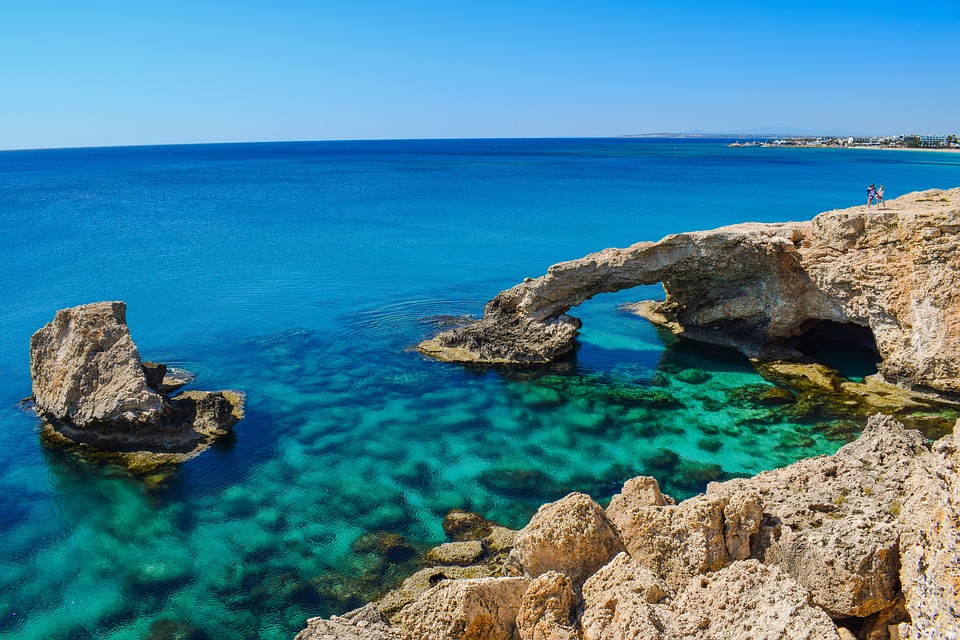The importance of Second Citizenship
With concerns growing over the economic changes and political instabilities in a number of different countries, people all over are looking into different ways to protect themselves and their families. One of the ways that some are going about this is through the acquisition of a European citizenship. This is especially beneficial if their current citizenship offers them limited mobility and if their country of residence is no longer deemed to be safe.
Acquiring Dual Citizenship
Acquiring second citizenship can be done through a number of different ways, the most common being; descent, marriage, adoption, naturalisation and through citizenship by investment programmes (CBI) in which individuals gain citizenship through substantial investment. Different countries around the world offer these programmes for high net worth individuals who are willing to invest in economic citizenship in order to direct investment into their economies and stimulate growth. The 2 main regions that offer these forms of programmes include the Caribbean islands and Europe. This article will evaluate and compare the benefits, requirements and costs of the three European countries that offer Citizenship by Investment programmes; Malta, Cyprus and Austria. Although the Maltese and Cypriot programmes are well defined, the Austrian programme is highly secretive as it considers these applications as state secrets by this country and so certain comparisons will not be possible due to a lack of clear guidelines, as this functions on a case by case basis.
Benefits of European Citizenship by Investment Programmes

All three European programmes have a number of common benefits. Since mobility is a top priority for HNWI looking into acquiring a second citizenship through one of the European programmes, both the ability to live and work abroad and that to travel without the need of acquiring a visa are taken into consideration. Since Austria, Malta and Cyprus are all members of the European Union (EU), all three programmes give the investor the rights and responsibility of a citizen of the EU, therefore all three programmes come with the ability to reside anywhere in the EU, a significant benefit over the Caribbean programmes. Extensive visa free travel is another mobility benefits of the EU Programmes. Austrian citizens have visa free travel to 173 countries, including the Schengen area, UK, USA and Canada. Malta offers visa free travel to 168 countries, including Schengen, UK, USA and Canada. Cyprus offers visa free travel to 158 countries including the Schengen, UK and Canada.
Another common benefit in all three countries is that of a very high standard of living and services, with an exceptional level of education, healthcare and environment. According to the World Competitiveness Index’s 4th Pillar, which measures the level of a countries Health and Primary education, Malta, Austria and Cyprus feature 11th, 22nd and 39th, respectively. Although all are highly regarded worldwide, Maltese Citizenship comes out on top mainly due to having more desirable characteristics where citizens have access to both free universal Healthcare and free education from childcare to a university first degree. Having a second passport will also be beneficial for conducting overseas business ventures and for creating new investment opportunities, which would have otherwise been very difficult to conclude with the investor’s original passport. Moreover, another benefits for all three European Citizenship by Investment programmes also includes the ability for the Citizenship to be transferred to future descendants, and the ability to include children and parents.
Eligibility Criteria for the European Citizenship Programmes
Malta, Cyprus and Austria have very different requirements in terms of being eligible for the different citizenship by investment programmes. Although the applicant must be over 18 for all programmes, individuals with citizenship from Iran, North Korea and Afghanistan are not eligible to apply for the Malta Programme, a restriction not present in Cyprus. Spouses, parents and children can be joined to applications in both programmes with age restrictions being placed on parents (over 55 years old) and children (up to 26 years old) in Malta and children (up to 27 years old) in Cyprus.
The most noticeably distinguishable feature is the set up of the programmes themselves which differ on all fronts; from the way they are modelled, the assets contributed, and the amount of investments needed. As previously mentioned, the Austria Programme is not well outlined and is quite secretive, however it is known that through article 10(6) of the Austrian Citizenship Act the Government can reward foreign persons with citizenship in the event of extraordinary merit. There is no clear-cut definition of the term ‘extraordinary merit’ and is therefore completely at the discretion of the state as to what amounts to ‘extraordinary merit’. The economic criteria together with an extraordinary contribution such as bringing new technologies into the country or by creating a number of new jobs are two of the criteria the Government of Austria requires. Passive investment such as government bonds and real estate do not qualify for the citizenship by investment programme. The amount of economic investment has to be between 2 million to 10 million in order to be considered for an application.
The Malta program has 3 different investment criteria that all need to be fulfilled; a contribution, government bonds and real estate. The main applicant must make a contribution of €650,000. The applicant must also invest in a property in Malta via one off the two options available. They may purchase a property for a minimum value of €350,000; or enter into a rental agreement for a minimum value of €16,000 a year, both of which must be kept for a minimum period of 5 years. Furthermore, the applicant must invest a minimum of €150,000 in government bonds or shares which must also be kept for a minimum of 5 years.
On the other hand, the Cypriot programme is more based on real estate investment, however an alternative investment option which combines real estate and an investment in funds is also available. in residential property. The Cyprus Citizenship by Investment Programme offers two main investment options. The first option being an investment in residential real estate of €2 million (plus VAT of 0%, 5% or 19%) which must be held for a minimum of 3 years, after which the investment may be reduced to €500.000 in residential real estate, which must be held indefinitely. The second option is a combination of real estate and/or other investments with a minimum investment of 2.5 million, such as a 3-year investment of €2 million in an eligible real estate, which includes residential, commercial, infrastructure and land, provided that there is a development plan in place.

Process to Attain European Citizenship
The processing time for CBI applications varies between the 3 different programmes, Cyprus has the fastest application process in which the residency permit is granted in 5 days and within the following 2 to 3 months the Citizenship by investment application is processed, due diligence is carried out and the in principle approval is also issued. After 6 months from the date of application the Certificate of naturalisation and passports are issued. In the case of Malta, the process takes a little bit longer, with the residency car received in between 1-3 weeks and the approval in principle letter issued in 6 months from the date of application. The total time for the applicant to obtain citizenship in Malta is 12 months. The longest process is that of Austria were for a successful applicant to obtain citizenship, it usually takes around 24 to 36 months
More information can be accessed in the programme pages for Malta and Cyprus respectively or by speaking to one of our advisors directly.